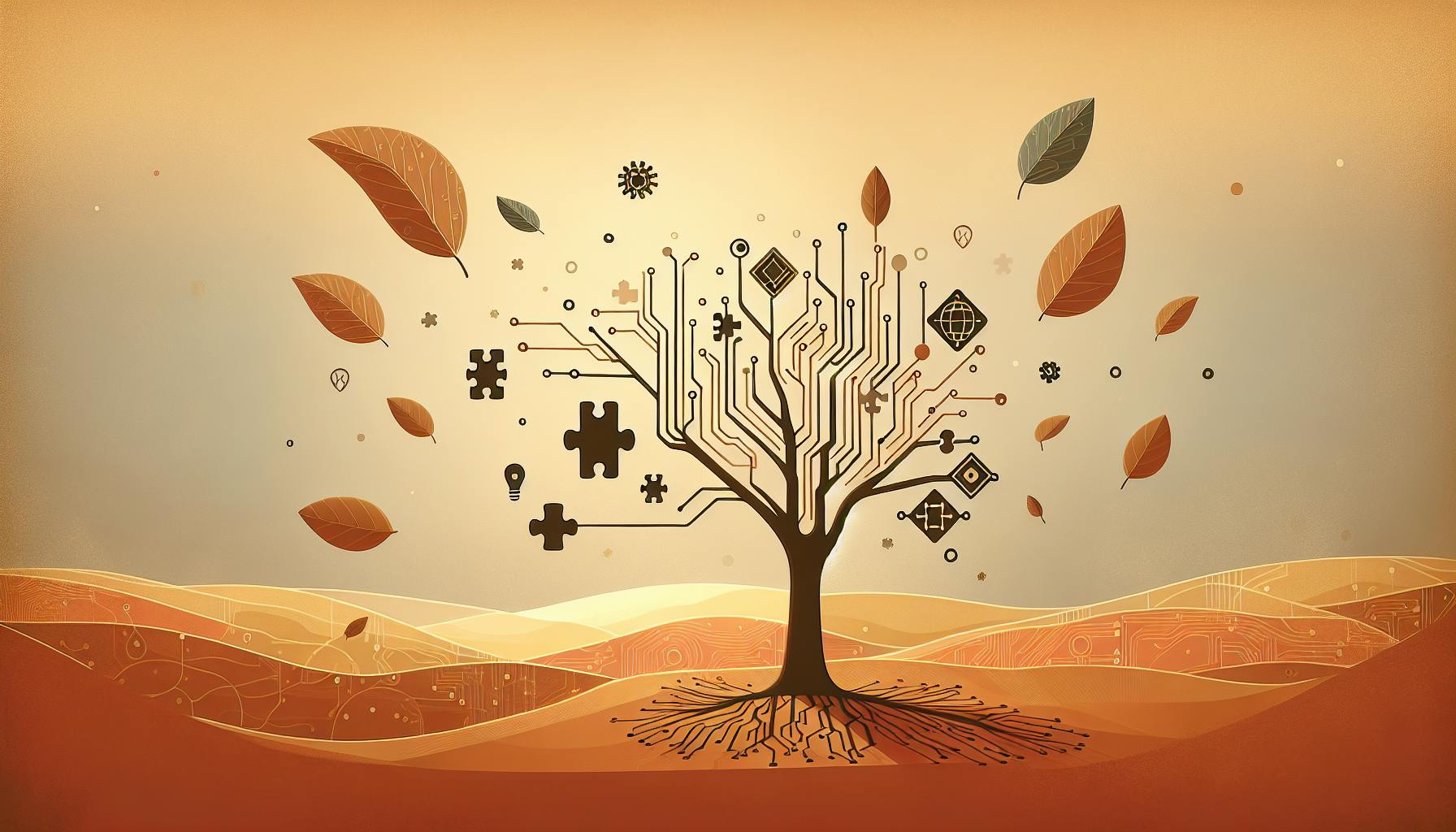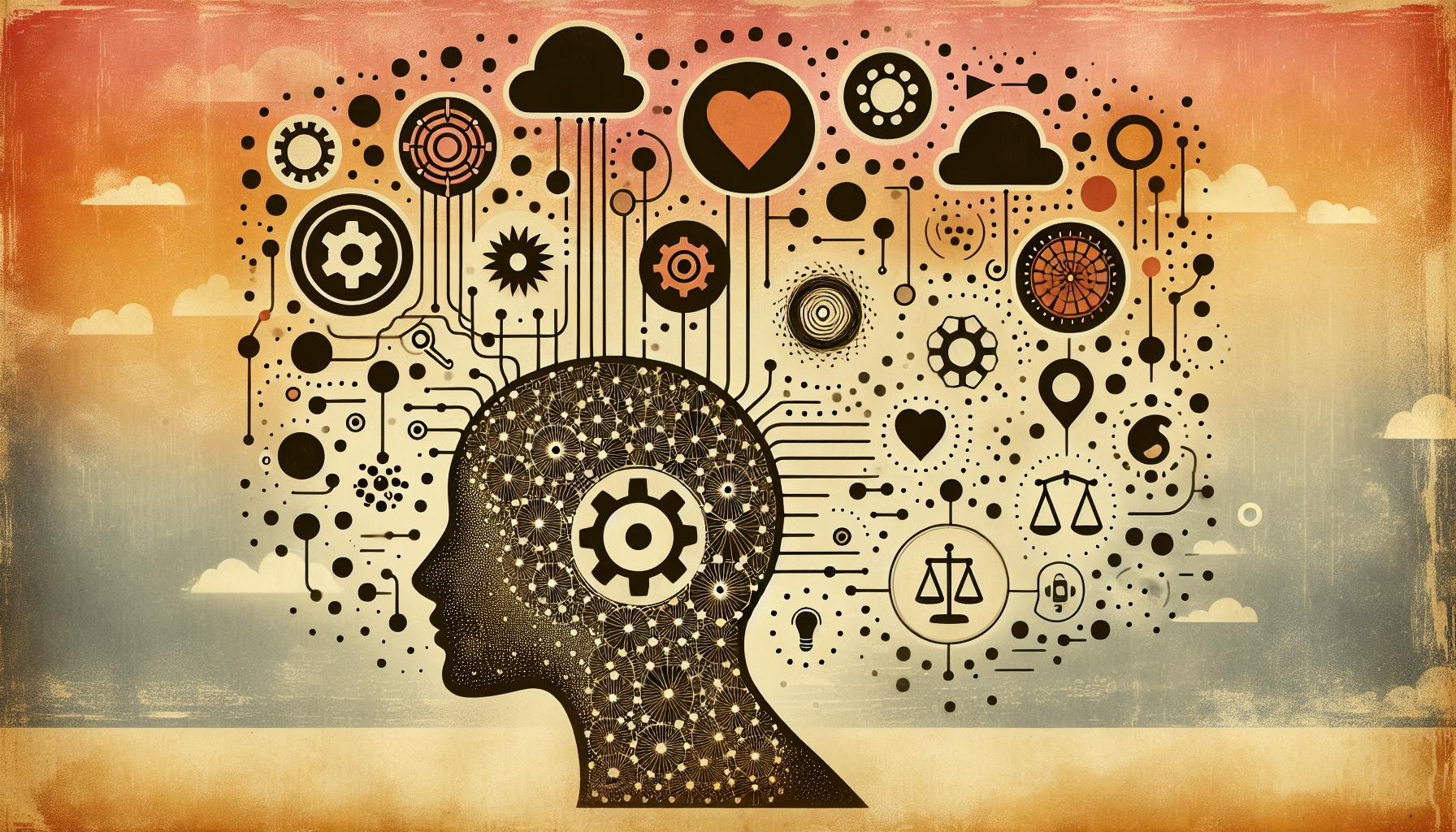Introduction
ChatGPT has captivated the world with its ability to have natural conversations and provide helpful information on just about any topic. But while ChatGPT's capabilities out-of-the-box are impressive, custom AI models trained on specialized data can enhance specific use cases and industries immensely. This article provides strategic guidance on implementing custom GPTs to take your ChatGPT performance to the next level.
With customized models, your chatbot can offer users more accurate, relevant, and beneficial conversations tailored to their unique goals and needs. For example, a healthcare chatbot fine-tuned on medical journals and patient data could provide enhanced diagnostics. A marketing chatbot trained on past campaign data and brand guidelines could generate optimized content automatically.
Read on for expert advice on optimizing custom GPTs to supercharge your chatbot's capabilities and exceed customer expectations.
Understanding Custom GPTs
Custom GPTs are AI models derived from ChatGPT that are further trained on proprietary datasets to improve performance for niche applications. While ChatGPT aims to be a generalist, custom GPTs create specialists – think of them as subclasses within the broad ChatGPT framework.
The additional training allows custom GPTs to develop deeper domain-specific knowledge and more advanced capabilities targeted to a particular industry or use case.
Benefits of Custom GPTs
The key benefits of custom GPTs include:
-
Improved relevance and accuracy for domain-specific conversations. A medical GPT provides better diagnostics.
-
Reduced unethical or harmful responses through training on curated datasets. Safer for sensitive industries.
-
Ability to match a brand's personality or voice. More personalized customer experiences.
-
Integration of proprietary data like internal docs and past conversations. Leverage existing knowledge.
-
Ongoing model optimization based on real user interactions. Continuous improvement.
For any professional or business application, custom GPTs outperform ChatGPT's general capabilities by aligning better with specific customer expectations and business goals.
How Custom GPTs Are Created
Training a custom GPT from scratch requires massive datasets, extensive compute resources, and advanced expertise. Transfer learning is a more feasible approach – start with a base GPT like ChatGPT and further train it on domain-specific data.
Key training techniques include:
-
Supervised learning: Labels guide the model. Accurate but time-consuming. Anthropic used this for Claude Clinical.
-
Reinforcement learning: Provides rewards and penalties to shape desired behavior. Efficient but risks biases. Cohere’s approach.
-
Few-shot learning: Fine-tunes models with just a small number of examples. Scalable but risks overfitting. Aleph Alpha’s method.
Curating high-quality, representative datasets and allocating enough training cycles are critical for performance. Work with experienced vendors to determine timelines and costs.
Open-source tools like Anthropic's Stable Diffusion, Cohere, and Aleph Alpha allow self-service customization as well.
Advantages Over ChatGPT
Compared to ChatGPT's general skills, the key advantages of custom GPTs are:
-
Improved relevance and accuracy for niche domains like medicine, law, engineering etc.
-
Reduced harmful or unethical responses through training on curated datasets
-
Development of custom personalities or voice matching a brand's tone
-
Integration of proprietary data like internal documents, past conversations, etc.
-
Ability to continuously optimize the model based on real user interactions
Strategic Implementation
Implementing custom GPTs requires careful planning and execution. Follow these steps to successfully integrate specialized models into your chatbot:
Assess Needs and Set Goals
First, honestly assess your needs – what capabilities would take your chatbot to the next level? Define clear goals and success metrics before starting.
Audit Data and Identify Gaps
Next, audit your existing knowledge sources and identify any gaps. High-quality training data is key – plan to invest heavily in curation.
Vet Vendors Carefully
Vet vendors carefully to find the right fit. Consider ease of use, training options, scalability, and monitoring capabilities.
Create Detailed Implementation Plan
Develop a plan for training, testing, deployment, and monitoring. Allocate budget for ongoing maintenance and improvement post-launch.
Integrate Data Continuously
Keep datasets current by continuously integrating new data. Expect to refine the model regularly as new use cases emerge.
Follow Best Practices
-
Invest heavily in curating high-quality, representative training data. This makes or breaks performance.
-
Plan for multiple training iterations to incrementally improve accuracy. Specializing models takes patience.
-
Establish rigorous testing protocols before launch. Test edge cases extensively.
-
Monitor conversations closely at first and expect to refine responses frequently. Custom GPTs require ongoing guidance.
-
Keep integrating new training data continuously from both user interactions and external sources.
Use Cases and Examples
Custom GPTs are unlocking new possibilities across industries:
Healthcare and Medicine
Diagnostic chatbots and virtual assistants fine-tuned on medical research, patient conversations, and clinical notes provide:
-
Improved accuracy answering healthcare questions versus general ChatGPT
-
Safer responses aligned with medical best practices
-
Personalization for different clinical specialties and patient needs
Services like Anthropic's Claude Clinical showcase the future potential. But patient privacy requires careful data practices.
Marketing and Communications
Brands use custom GPTs for:
-
Automated content creation optimized for brand voice and persona
-
Data-driven campaign messaging based on past performance
-
Legally compliant, on-brand responses to customer service inquiries
-
Quick access to product info for sales teams
Ongoing training ensures alignment with latest guidelines and brand style.
Engineering and Technology
Technology firms develop custom GPTs to:
-
Automate software documentation and code commenting
-
Generate boilerplate code and prototypes to accelerate development
-
Answer developer questions more accurately with internal tech stack knowledge
-
Analyze large codebases to identify bugs and optimize performance
Education
Custom GPTs help:
-
Develop personalized lesson plans tailored to different learning styles
-
Provide customized student support and tutoring after training on past quiz responses and conversations
-
Grade written assignments more accurately than generic models
-
Engage students through natural, warm conversations using the instructor's unique voice
The Custom GPT Opportunity
In summary, custom GPTs enable transformative gains in accuracy, relevance and capabilities for AI chatbots applied to any specialized domain. With careful planning, high-quality training data, and continuous optimization, custom models can provide immense value tailored to your unique business needs. As the technology continues advancing, virtually every industry will benefit from fine-tuned GPTs designed for purpose.
Use the strategies in this guide to evaluate how custom AI could take your chatbot to the next level. The future looks bright as ChatGPT and other models become more versatile through customization. Consider leveraging a comprehensive directory of pre-trained models like AllGPTs.co to accelerate your custom GPT implementation. Their industry-leading platform makes it easy to find specialized GPTs to integrate for a boost in chatbot performance.


